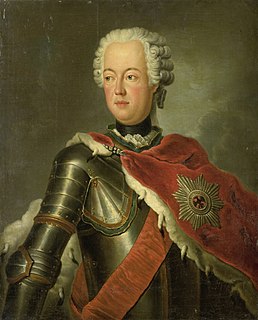A Quote by Laozi
He who knows much about others may be learned, but he who understands himself is more intelligent. He who controls others may be powerful, but he who has mastered himself is mightier still.
Related Quotes
A man's true greatness lies in the consciousness of an honest purpose in life, founded on a just estimate of himself and everything else, on frequent self-examinations, and a steady obedience to the rule which he knows to be right, without troubling himself about what others may think or say, or whether they do or do not that which he thinks and says and does.
As a man may know about Africa either by going there personally or by reading descriptions written by travelers who have been there, so may he visit the super-physical realms if he will but qualify himself therefor, or he may learn what others who have so qualified themselves report as a result of their investigations.
When it seems that God shows us the faults of others, keep on the safer side-it may be that your judgment is false. On your lips let silence abide. And any vice that you may ascribe to others, ascribe at once to them and yourself, in true humility. If that vice really exists in a person, he will correct himself better, seeing himself so gently understood, and will say of his own accord the thing that you would have said to him.
Tibetans look at a person who holds himself above others, believing he is better than others and knows more, and they say that person is like someone sitting on a mountain top: it is cold there, it is hard, and nothing will grow. But if the person puts himself in a lower position, then that person is like a fertile field.









































